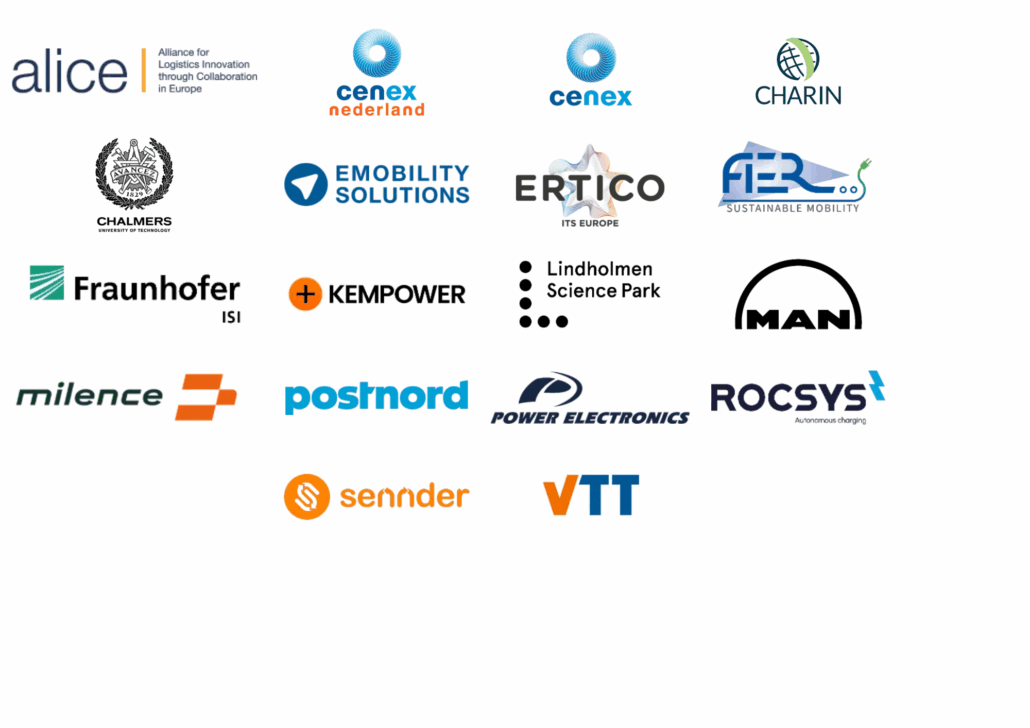Electrification of passenger vehicles and public transport buses is steadily increasing with public and private charging infrastructure becoming more and more common. However, while currently representing a significant share in road transport CO2 emissions, the electric uptake of heavy commercial vehicles is trailing behind. Many transport operators are hesitant to transition towards an electric fleet, with many describing immature charging infrastructure across Europe to be a significant bottleneck.
MegaWatt Charging Systems (MCS) represent a new standard for high power charging of heavy duty electric vehicles. MCS involves a new plug that is different in both hardware and software from the Combined Charging System (CCS) Type 2 plug that is commonly used for fast direct current charging across Europe. The main use cases are expected to be in long-haul truck charging along highways (particularly the European TEN-T corridors), charging for intercity coaches, charging of trucks at logistics hubs and charging of specialized vehicles or vessels in the marine, mining and aviation sectors.


-
Project Partners
19
-
Location(s)
Nordics, Benelux
-
Starting Year
2025
-
Duration
4 Years
The EU horizon funded MACBETH (Multipoint Megawatt Charging for Battery Electric Truck Hubs) project aims to contribute to improving the deployment of BET charging infrastructure along the TEN-T corridors, logistic terminals and truck depots across Europe. By developing two real-world MCS demonstration sites, MACBETH is set to mature the system-level multipoint megawatt charging hub technology and aims to deliver tools and concepts for wide scale implementation.
Objectives
- Establish a scalable framework for interoperable multipoint MCS, facilitating the integration of high-power charging solutions (charger towards vehicle).
- Formulate advanced grid management strategies to minimize the impact of MCS deployment on the electrical grid while enhancing the user experience (charger towards grid).
- Effectively integrate large-scale, multipoint MCS hubs along significant TEN-T corridors to serve a spectrum of vehicle types, from light-duty (passenger) vehicles (LDVs) to HDV trucks.
- Develop operational tools and management strategies for MCS multipoint hubs, focusing on the full spectrum of user and stakeholder needs along the value chain.
- Optimize infrastructure placement and sizing based on the specific needs of diverse use cases, including private versus public charging considerations.
Cenex NL key contribution:
For MACBETH, Cenex NL takes the lead in developing the framework for the evaluation of MCS charging stations. The framework, developed in coordination with stakeholders like charge point manufacturers, charge point operators, standards organizations and logistics service providers, assesses MCS stations comprehensively across a range of economic, performance, environmental and customer-centric metrics. The framework aims to provide both a guide for best practice as well as assessment criteria for future MCS stations in Europe and globally.

